




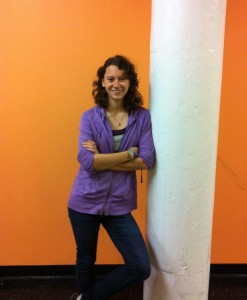









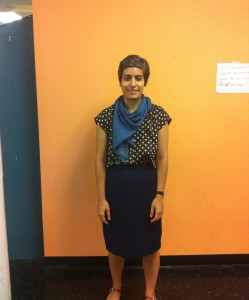

SLAMedia is a publication of the news for the Science Leadership Academy community. Writers come from the student body in 10th, 11th, and 12th grades. We work in unison to create a functioning paper with biweekly postings on a variety of events.



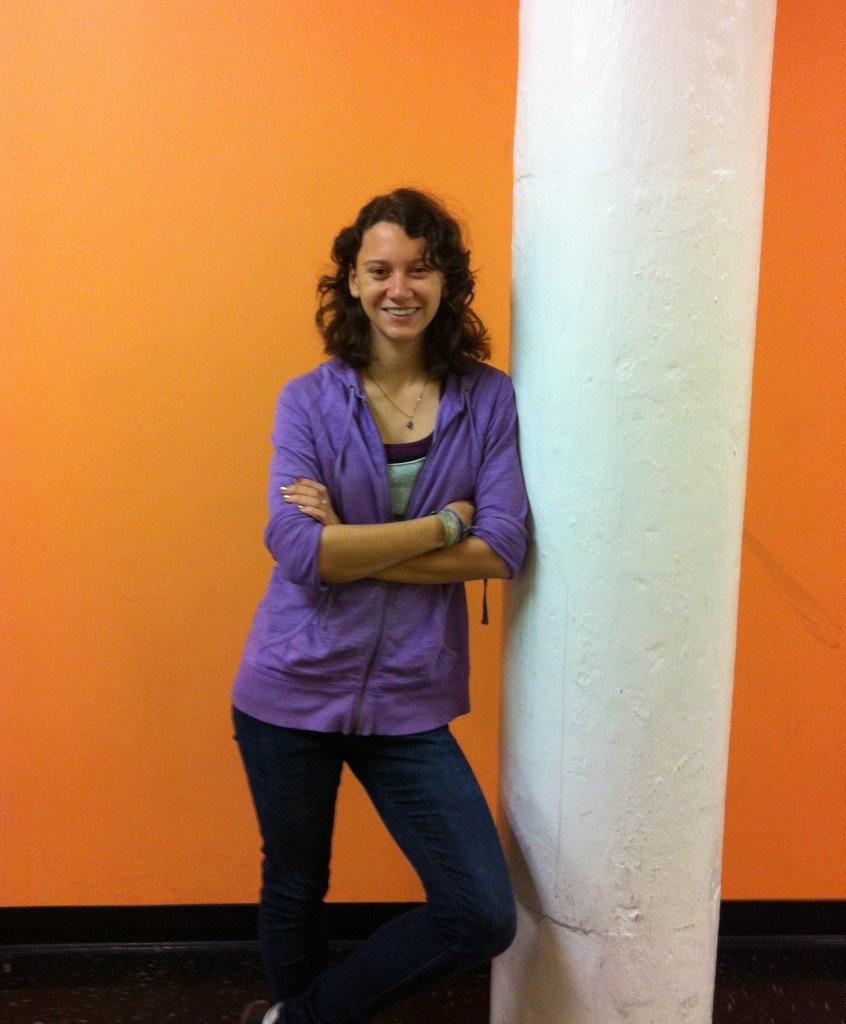



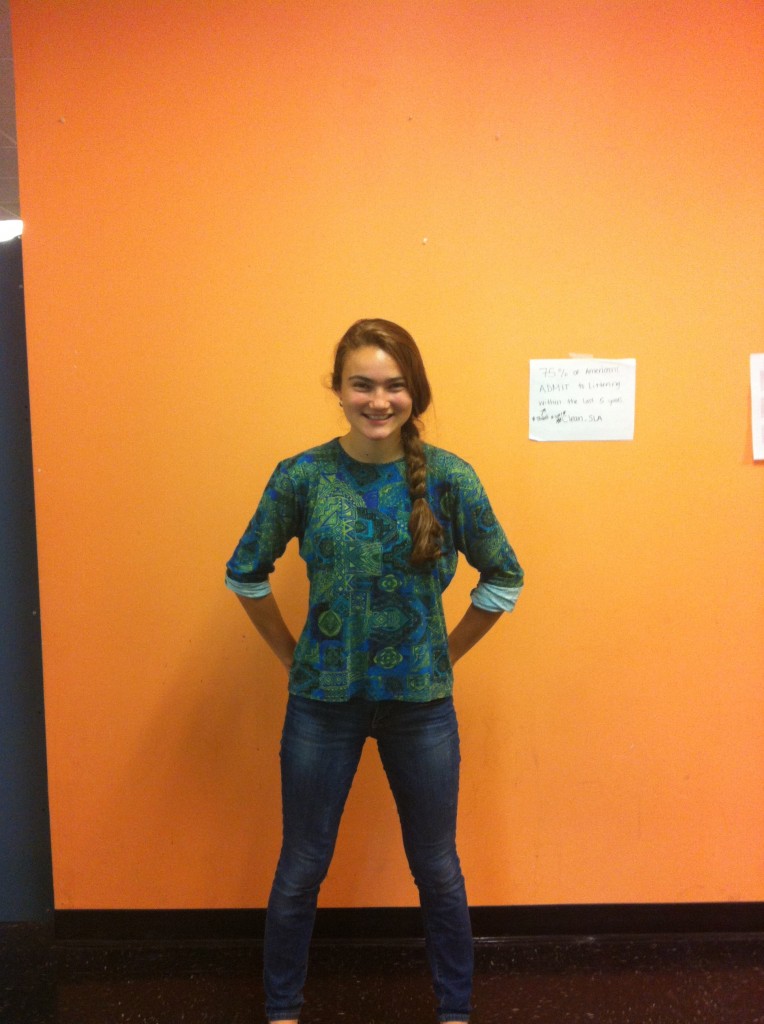



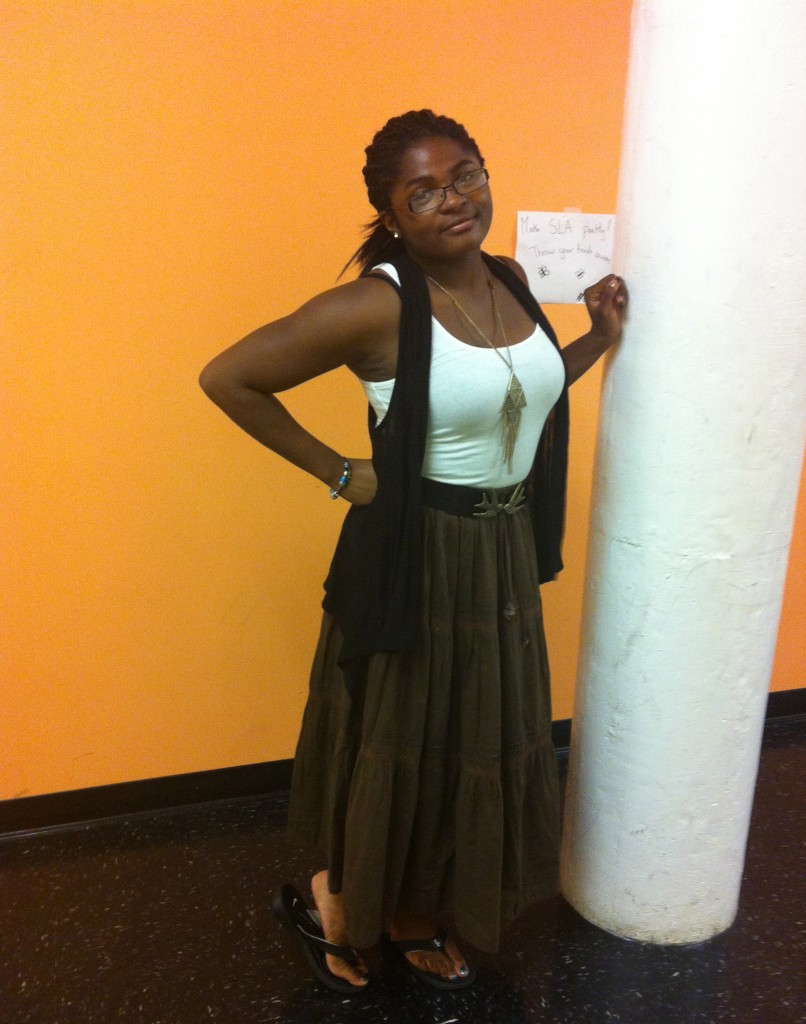
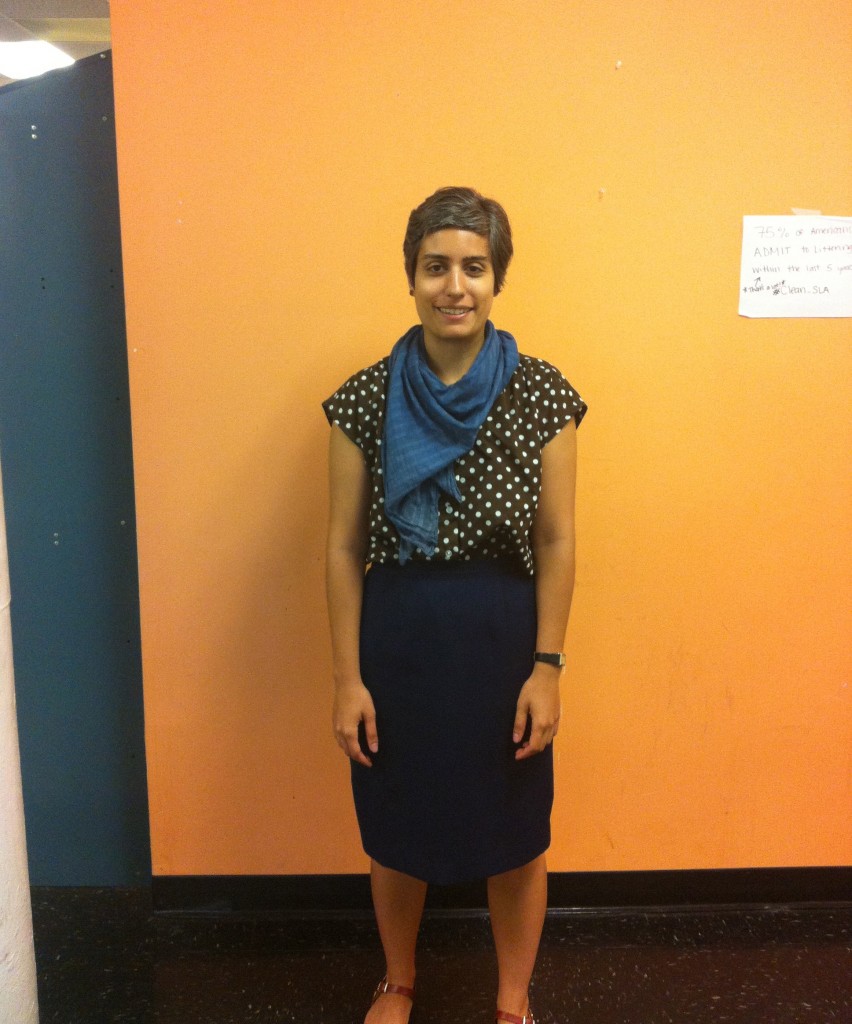


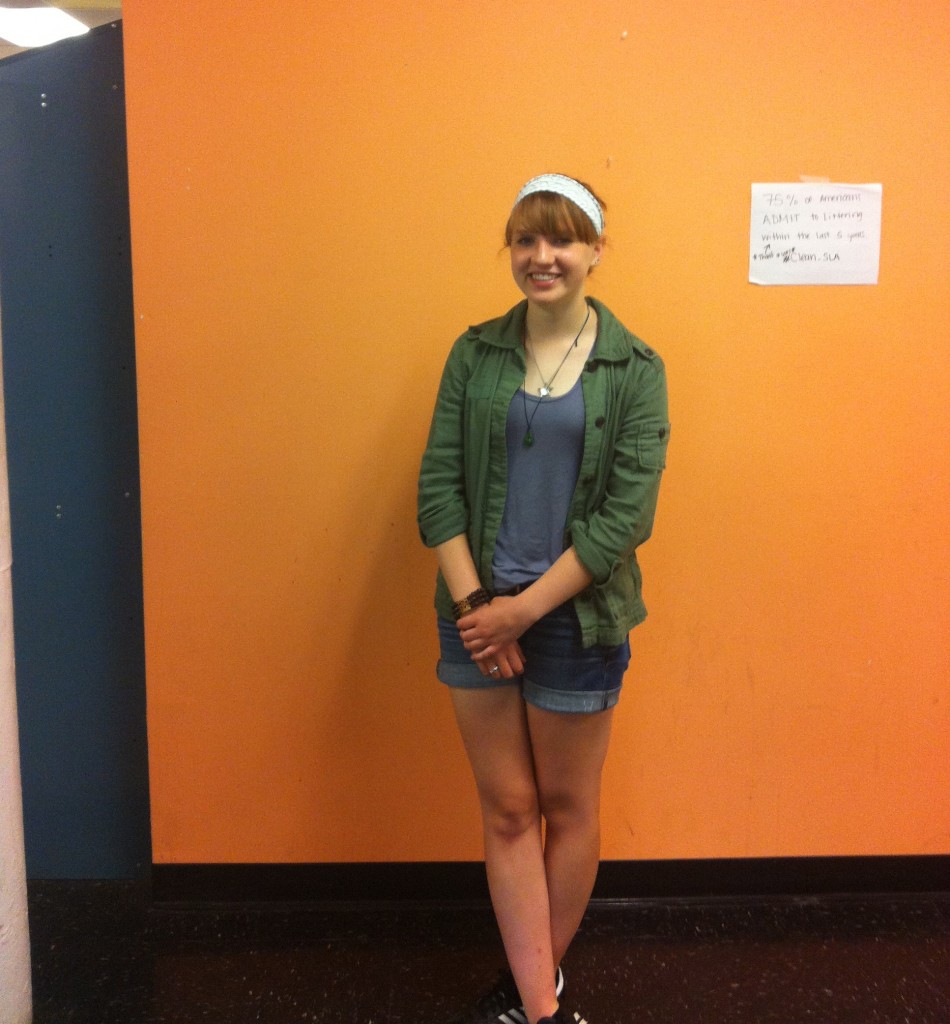




















SLAMedia TV, Epsiode 1 from Larissa Pahomov on Vimeo.
By Marina Stuart and Jason Davis
Staff Writer and Guest Writer
In recent months, budget cuts has been the primary issue circulating around the politics of the School District of Philadelphia. Despite losing 276 million dollars in funding from the state, 103 million of which supported basic education, the school district potentially faces a 200 million dollar deficit going into the the fall 2012-2013 school year.
The deficit has affected all throughout the city, including the district’s teachers, disabling them from using funds to purchase resources for the classroom and develop educational projects. However, In an effort to make up for the cuts, many educators and supporters throughout the area have started or taken part in initiatives that focus on fundraising for the loss.
These initiatives target fundraising from multiple different angles. PhilaSoup, founded by Nikka and Claire Landau, is a monthly microgrant dinner that is meant to bring “innovative and dynamic Philadelphia-area educators together and highlight the great work they are doing and fund some terrific projects,” they said in an e-mail interview.
The idea for PhilaSoup came from another group, based in Detroit Called Soup that Nikka Landau was part of. “At their dinners people come from across Detroit to share a simple soup supper and hear about innovative projects that individuals are trying to get off the ground to improve Detroit.”
Even though there was already a group called Philadelphia Soup with a similar intention, Nikka and Claire Landau wanted to focus on teachers.
“Our hope was to make a microgrant dinner like the Detroit Soup that would highlight projects that Philadelphia educators are doing and would also help connect and support Philadelphia educators.” Says Landau.
A typical gathering goes something like this:
“For the first half hour (6-6:30) attendees have appetizers while they mingle together and meet each other. At 6:30 soup is served and everyone sits down to eat. At about 7:00 presenters come to the front of the room and pitch their project proposal.” Says Landau.
“Presenters have three minutes to make their case and then the audience can ask them questions. When all the presentations are done, dessert is served and everyone votes for which project they would like the night’s money to go to. At the end of the night, the winning project goes home with the night’s money to be put directly into helping Philadelphia students.”
PhilaSoup is only a year old but has grown immensely.
“At our first dinner in October there were about 20 people present. Now, just 7 months later, we have anywhere between 50-80 people coming to each dinner.”
With so many creative projects being presented, Landau says “it is impossible to choose a favorite.” One she really enjoyed was called “ “Fairy Tale Remix”, presented by an English teacher who was having her students rewrite traditional fairy tales in new and creative ways. This teacher read some of her old student’s stories and they were just great. She ended up winning the night’s microgrant and used the money to bring in an author to help workshop her students’ stories.”
This is not the only initiative that benefits students. Donors Choose is a national program where teachers and educators can submit grants for materials and have private citizens fund them. Many teachers at Science Leadership Academy use Donors Choose to fund their various projects and endeavors.
Science Leadership Academy physics and ceramics teacher Rosalind Echols has used Donors Choose many times. “They helped us get glaze for ceramics and lots of tools. I’ve gotten a bunch of sci fi books for physics, also legos and k’nex.”
The way Donors Choose works is teachers submit grants to the donors choose website and anyone can go to the website and fund projects they like. The groups that get the funding can also write thank you notes to their funders and a way of interacting with them more.
“I like having it [Donors Choose] because you get essentials but also get things that aren’t in a school budget that make our classes better,” says Echols.
“I like that it’s funded by private people, because it helps people who are not involved in education get an idea about what going on in the classroom.”
At most Philadelphia schools there are Home and School or Parent Associations that use the help of parents and community members to fund initiatives in the school. At Science Leadership Academy, the Home and School Association uses donations to fund “Students trips, sports teams, SAT fee support, prom support, college application fee support, naviance, food for interview weekends, science fair, books, scripts, an Americorps position, and after school clubs.” says a member of Home and School.
However, within SLA’s Home and School program there is another funding initiative that grew out of the recent budget cuts to the school district. Faced with losing extracurricular programs and teachers alike many parents came together to raise money for their school. They did this through fund raisers, car washes, auctions, phone-a-thons and donations.
Sarah Stuart, a member of the Home and School Association at SLA, was part of helping organize Fuel the Rocket. “Last year, Mr. Lehmann told us that because of the budget cuts we were likely to lose three staff members and two teachers,” explained Stuart. “In addition to that there would be little money for overtime, which pays for teachers to be coaches and run after school programs.”
Stuart and other members of Home and School reached out to parents and other community members to raise the needed funds. “We made a goal to reach fifty thousand dollars and we set up a paypal account and we set up a blog.” Says Stuart. “We announced we wanted to raise fifty thousand and we made it so people could pay online and held an emergency meeting so parents could understand what was going on with the budget. We raised thirty eight thousand dollars.”
SLA isn’t the only school who has had to turn to parents and outside help to fund their schools. Many schools in the Philadelphia School District have had to resort to this measure to keep teachers and afterschool programs.
Organizations like PhilaSoup, Donors Choose, and “Fuel the Rocket” fundraising are all examples of inspiring initiatives helping soothe the effects of the recent cuts in the area. They share the passion and determination for education along with a recent influx of students, parents, teachers, and other community members throughout Philadelphia, and have proven to be able to take action against these new challenges. The potential deficit of 200 million dollars in the upcoming school year poses a new set of issues for funders, but outcomes like these show that hope is practical.
By Isabela Supovitz-Aznar
Staff Writer
Many people were surprised to hear that Senior Alexis Beckton made her senior capstone creating the first Prom King and Queen at SLA.
Alexis was confident in her capstone idea, but didn’t feel completely secure with it. “I didn’t have a lot of support between staff and some of the students,” she said. “I was nervous that my capstone wouldn’t be completed.”
Earlier in the spring, she took a poll of all of the seniors during a grade-wide meeting, asking how they felt about having a prom king and queen. The majority of the grade was for it.
“Anybody could submit applications, but there were requirements you had to meet at the gate,” Alexis explained. The requirements included “good GPA, good presence on social media, no suspensions this year.”
As her project progressed, people at SLA began to accept and embrace the idea of a prom court, and in the end it became a very rewarding experience.
At prom on Friday, May 18, things went well. Kyla Carden was elected Prom queen, and Dia Johnson Prom king. The runners up were Johniera McLain and Sam Kabangai.
For the crowning, the court stood in the middle of the dance floor, and the prom court “crowned” the winners from behind. The runners up then hugged the winners, and they were applauded.
“Being named Prom King was really cool, but nerve racking,”Johnson said of the experience.
The winning pair then had a slow dance on the floor, which gave them a chance to show off their moves and their outfits.
Beckton was pleased that her project was a success. It is known whether another student will turn Prom Court into a tradition by picking up the project next year.
Photos by Bach Tong
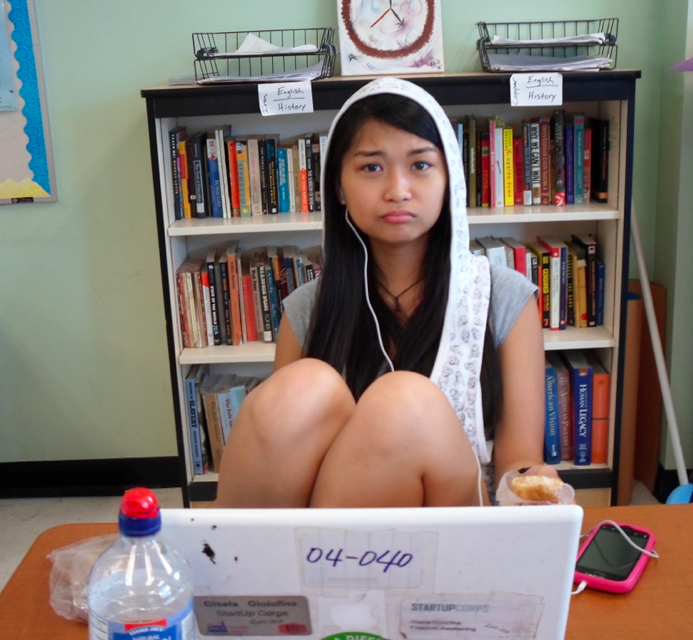

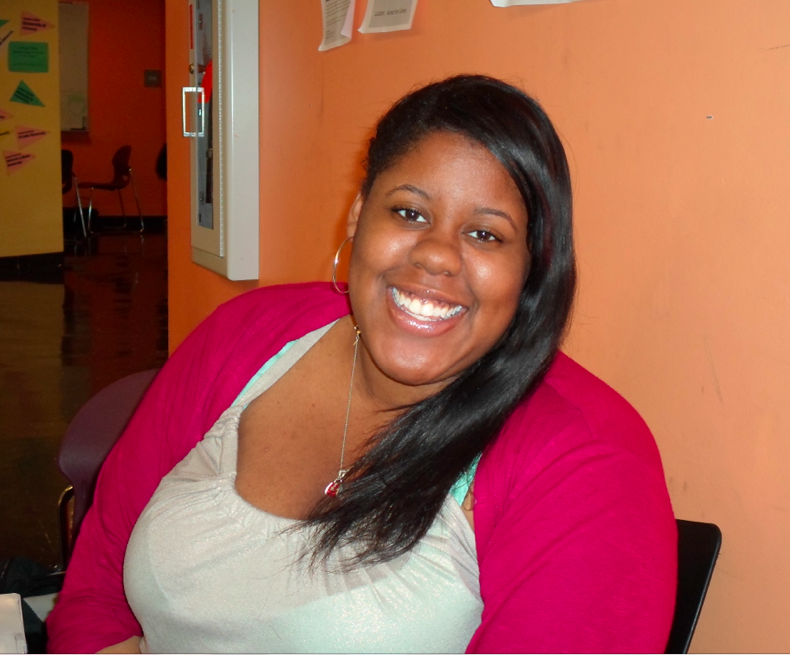
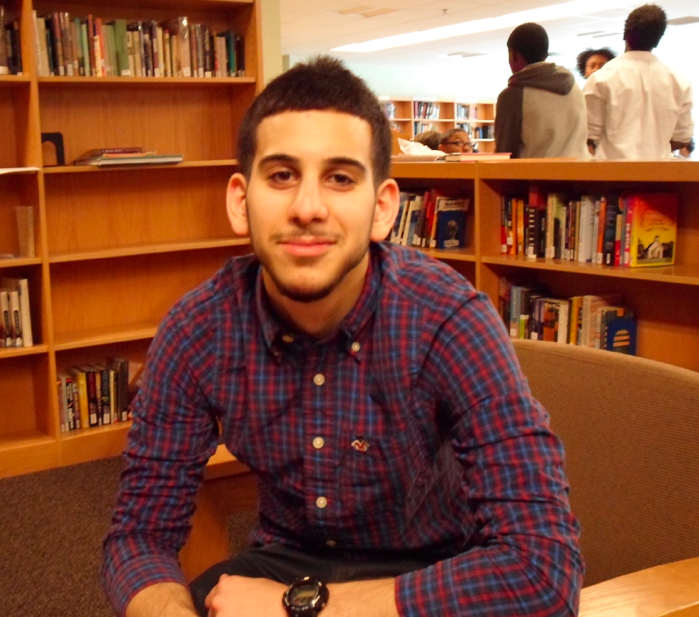
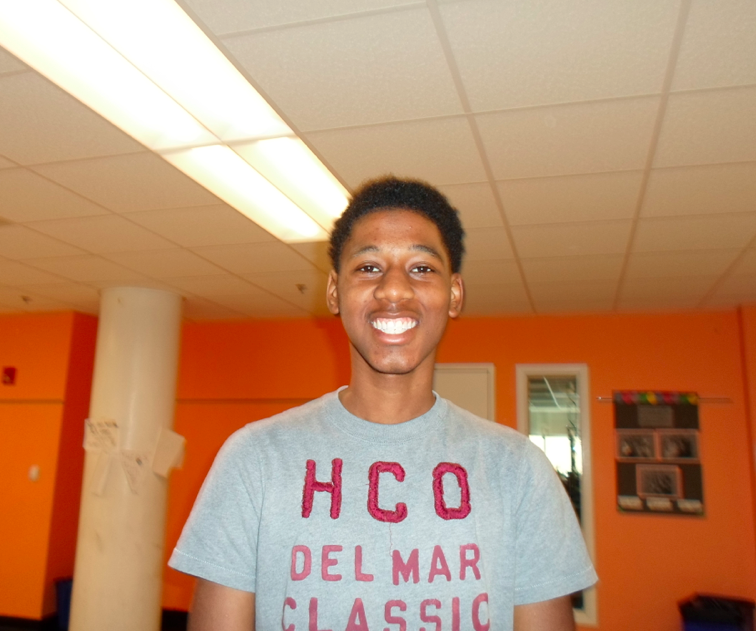



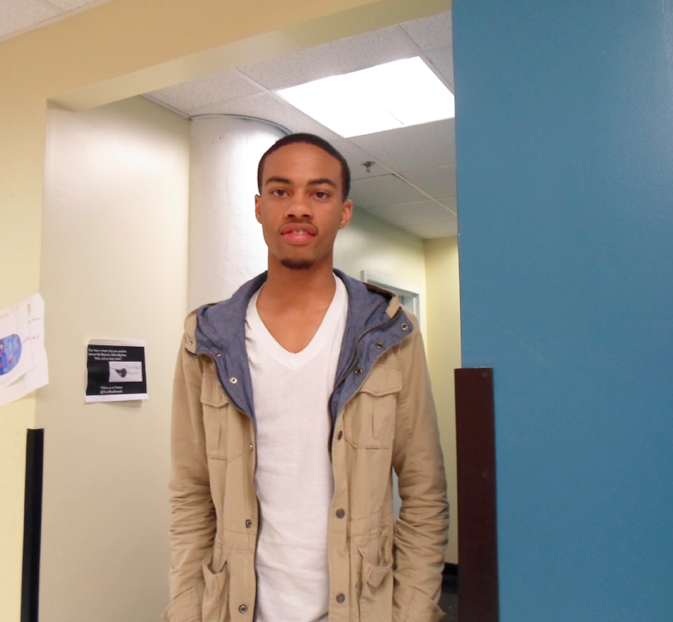
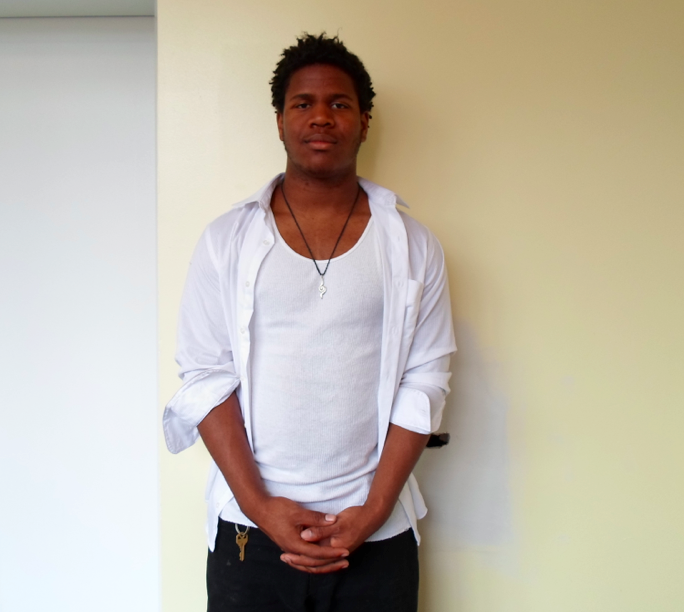
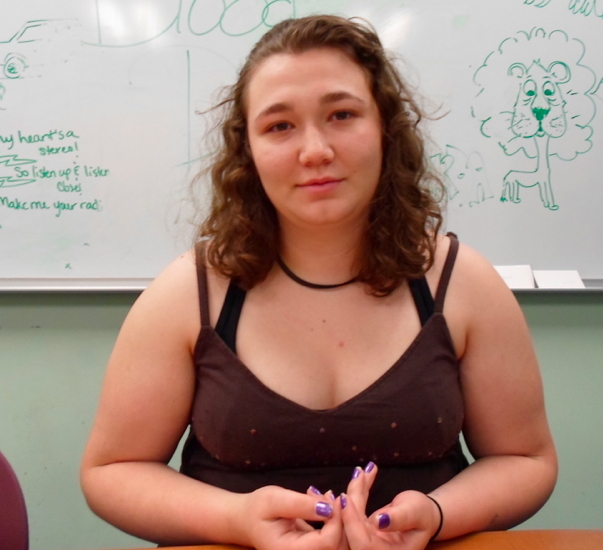

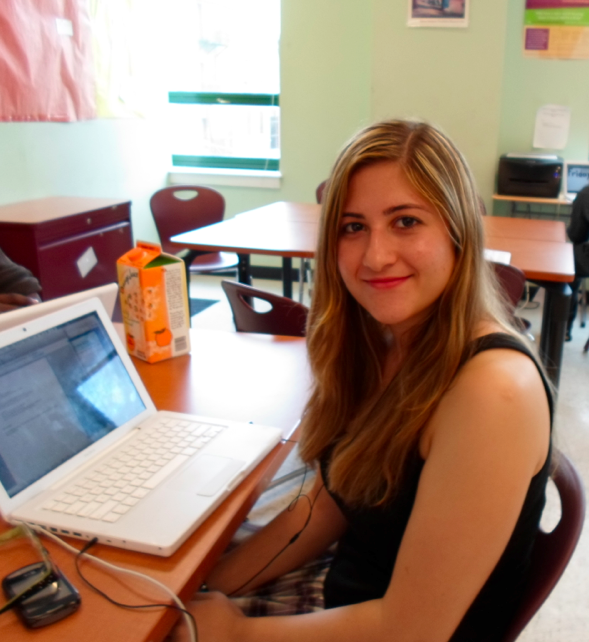
What Are Your Symptoms Of Senioritis?
Interviews by Emilisa Lopez, Deshawn Mcleod & Alex Ringgold
Pictures by Emilisa Lopez